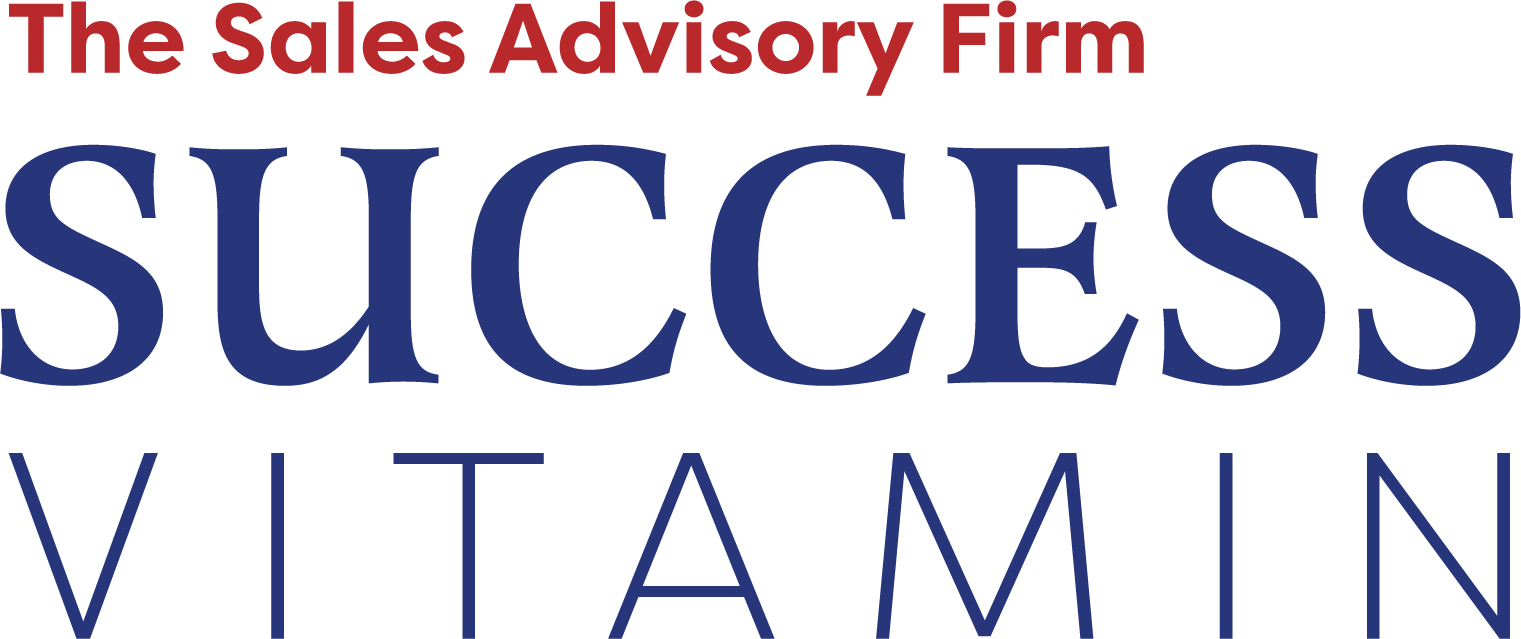A well-structured corporate training program can prove to be one of the most valuable assets for an organization if planned and prepared in an effective way.
Let’s take a look at some of the essential metrics to evaluate the success of a corporate sales training program:
1. Impact of Training on Sales Performance
In order to ensure the effectiveness of a sales training program, it’s important to evaluate the sales performance before and after the training. To assess this, companies can focus on below metrics:
Number of deals closed
Rise in the number of deals closed shows that employees are skilled enough in objection handling and negotiation skills.
You may find it useful: Emotional Intelligence in Sales: The Ultimate Guide to Mastering Your Emotions and Closing More Deals
Total revenue generated
A significant increase in revenue showcases that the training program has enhanced employees’ knowledge to close a greater number of deals.
Win rate
High value of win rate signifies that employees are applying their knowledge gained from training to close more deals.
2. Sales Productivity
To track the efficiency of sales teams, sales productivity helps you understand how effectively employees are utilizing their time and number of activities they are actually able to complete. Some essential sales productivity metrics that every organization should track are:
Customer engagement rate
If sales representatives register high customer response rate and are actively engagement with prospects, this means they have learnt improved communication and better ways of selling techniques.
Lead response time
The lesser amount of time an employee takes to respond to an inquiry, the more effective he gets in communication.
Number of opportunities created
A spike in the number of sales opportunities demonstrates employees’ skillset in lead generation techniques.
3. Sales Conversion metrics
Another way to analyze the effectiveness of a sales training program is to assess the sales team’s capability to close a deal. You may do so by:
Lead to customer conversion ratio
A higher value of this KPI denotes improved closing skills.
Meeting to close conversion rate
Higher conversion rate after sales training showcases that sales team is leading purposeful meetings.
Follow up conversion rate
If employees can follow up more actively with the prospects post training, this indicates a fruitful corporate sales training program.
Recommended read: 10 Sales KPIs That Every Team Should Track and Why
4. Mastering knowledge
Participating in training sessions does not hold any value until sales reps retain and apply what they have learnt in real-world.
Post training quizzes
High scores or grades in quizzes demonstrate better grasp of the topics by sales reps
Role playing assessments
Mock sales calls or negotiation sessions can help sales employees to understand different scenarios and apply their learnings from training.
5. Customer satisfaction metrics
Improvement in customer satisfaction rate after training builds strong relationships with client thereby addressing their requirements properly.
Some key metrics to track customer satisfaction rate include:
Customer satisfaction score
An improved CSAT score after training implies better problem-solving skills among employees.
Net promoter score
An increased NPS denotes that sales team has learnt to build trust with prospects and keep them satisfied.
Customer Retention rate
A higher customer retention rate indicates that sales representatives are adept in customer dealing.
Return on Investment (ROI)
In order to assess if your organization’s corporate sales training program is able to deliver noticeable financial results, it becomes essential to track return on investment.
Below mentioned are some key metrics that will help you evaluate ROI of your training program:
Revenue growth
An increase in revenue after training demonstrates effective learning in employees.
Short sales cycle
Reduction in sales cycle denotes that sales representatives have become proficient sellers.
Rise in sales productivity
Increase in productivity of sales team showcases that they are using their time efficiently.
Readers’ favorite: Case Study: Mamaearth – Leveraging Neuroscience To Increase Sales
7. Sales pipeline
A success corporate sales training program ensures that not only the company is able to contribute to lead generation but also to pipeline growth in the long run.
Some of the essential metrics to track sales pipeline growth are:
New leads
Rise in number of leads signified enhanced lead generation skills among sales employees.
Sales pipeline value
A higher sales pipeline value reveals that your company is targeting high value customers in a strong manner.
Length of sales cycle
Reduction in average time of closing a deal means improved efficiency in moving leads through sales funnel.
8. Employee attrition and retention rate
A strong corporate sales training program should not only focus on enhancement of skills but also lead to reduced attrition and higher employee retention.
Some of the key metrics to measure employee attrition and retention are as mentioned below:
Employee Turnover rate
Reduction in turnover rate means employees feel more engaged and supported in the company.
Internal Promotion rate
High number of promotions post training signifies that the training program is strong enough to increase career opportunities for employees.
Retention rate
A higher retention rate shows that the organization is committed towards employee growth and long-term engagement.
9. Technology utilization
A well-articulated sales training program should improve how well your sales team is using CRM and sales automation tools thereby leading to improved decision making.
Some metrics that will help you track sales team’s technology utilization are:
CRM Adoption rate
Higher adoption of CRM tools and technologies in company’s workflows indicate successful utilization of CRM technology in BAU activities.
Usage frequency
An increase in use of new tools and technologies such as CRM and data analytics showcases sales representatives’ ability to grasp and learn things quickly via training programs.
10. Employee confidence
Confidence plays a major role in success. When sales people are skilled enough, they gain in-built confidence to perform better.
Various ways to measure confidence in sales reps include self-assessment surveys, and manager feedback.
Explore further: How to Generate Leads Through LinkedIn: 2024 Best Practices
Conclusion
Sales training is a very important aspect for companies to excel in today’s cut throat competitive world and equip their sales teams with adequate knowledge for enduring success.
Companies must track the effectiveness of their corporate sales training programs to track several metrics highlighted above thereby driving high revenue and exceptional performance.


